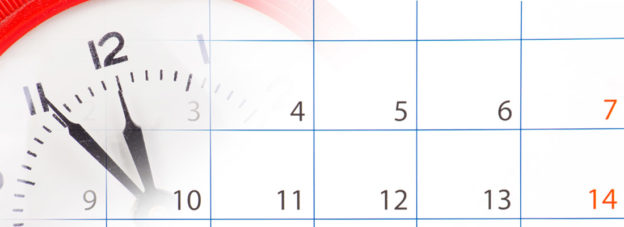In State Farm Fire & Cas. Co. v. Wangs Alliance Corp., No. 21-cv-10389-AK, 2022 U.S. Dist. LEXIS 26712, the United States District Court for the District of Massachusetts (District Court) considered whether a product manufacturer was barred by the Commonwealth’s six-year statute of repose for improvements to real property from joining the installer of the product as a third-party defendant. The court denied the defendant’s motion for leave to file a third-party complaint to join the installer, finding that the installer completed its work more than six years prior to the motion being filed. This case reminds us that Massachusetts’ six-year statute of repose for improvement to real property also bars a defendant’s contribution claims against third parties.
The Wangs Alliance case involves a subrogation action filed by State Farm Fire & Casualty Insurance (Insurer) against Wangs Alliance Corp. (Wangs), a manufacturer of rope lighting. Insurer insured the homeowners, who experienced a fire in their home in 2018. The home was originally built in 2002 by Wellen Construction (Wellen). As part of the original construction, Wellen installed rope lighting manufactured by Wangs in the house.
Insurer filed this action in April 2021 against Wangs, alleging that the fire was caused by a product defect, specifically a high resistance electrical failure of the rope lighting. In November 2021, Wangs filed a motion for leave to file a third-party complaint against Wellen, alleging that Wellen improperly installed the lighting in violation of the manufacturer’s instructions. Wellen opposed the motion, arguing that the statute of repose for improvements to real property barred any claims against Wellen related to its construction of the home in 2002.
The District Court acknowledged that Massachusetts’ statue of repose, Mass. Gen. Laws ch. 260, bars tort claims regarding improvements to real property against any person involved in the design, planning or construction of the improvement after six years from the date of substantial completion or the opening of the improvement for use. The court found Wellen to be a protected entity under the statute. The court also found that the rope lighting constituted an improvement to real property because it was a permanent addition to the real property that enhanced its capital value, involved expenditure of labor and money and was designed to make the property more valuable. Since Wellen’s installation of the rope lighting was substantially completed in 2002, and a certificate of occupancy was issued in October 2003, the court found that Wangs was barred by the statute of repose from filing a third-party complaint against Wellen. While Wellen performed work at the house in 2018, just weeks before the fire, the work was unrelated to the rope lighting. Since Wangs provided no evidence that Wellen did any electrical work that could have impacted the rope lighting in 2018, the court denied Wangs’ motion for leave to join Wellen as a third-party defendant.
The Wangs Alliance case reminds us that Massachusetts’ statute of repose also bars a defendant’s contribution claims against third parties. Thus, subrogation professionals practicing in Massachusetts should be aware that the statute of repose for improvements to real property not only bars claims by plaintiffs against contractors for work performed more than six years prior to filing a lawsuit, it also bars contribution claims brought by a defendant.

